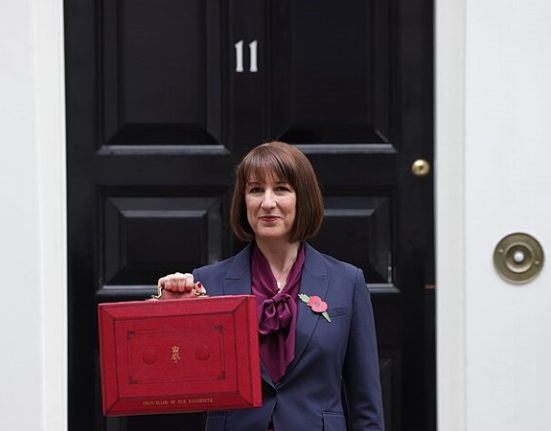You’d be forgiven for thinking Australia’s federal election wrapped up last weekend.
Anthony Albanese remains Prime Minister, Peter Dutton has conceded defeat – and lost his own seat. But unlike the UK’s overnight declarations, Australia’s full vote count takes several days.
So, 14 million votes, seven days, one complex voting system and a new Pope later, final results are still trickling in.
What we do know: it’s a big win for Labor. Bigger than polls suggested and beyond expectations from just a few weeks ago. With a 2.7% swing, Labor is set to secure at least 91 seats in the House of Representatives. The Liberal/National Coalition slumps to around 40.
So what went down Down Under – and why does it matter for the UK?
The Trump factor
Trump’s shadow looms over Western elections.
In Australia, as elsewhere, voters leaned towards stability. Centre-right parties find themselves tarred by cultural echoes of Trumpism, even if local dynamics differ. Yet unlike Canada, where anti-Trump sentiment dominated, the issues driving Australia’s campaign were more complex.
Albo vs Dutton
Even when Labor trailed in polls, Albanese held a clear lead over Dutton as preferred PM. Albanese’s more easy-going media style – bolstered with podcast appearances and almost ten times more Instagram followers – gave him the edge over Dutton.
The Liberals’ deployment of amusing attack ads depicting Albanese as a ‘Muppet’ style puppet failed to close the gap in the leadership rating.
‘It’s the economy, stupid. And don’t forget healthcare’
Labor clearly took to heart this famous dictum from the 1992 US election.
The Coalition started strong on cost of living. But Labor neutralised the issue with a tax-cutting budget and managed to pivot the debate onto Medicare – where it polls stronger.
The Liberals’ promise of a 25-cent petrol duty cut, though crowd-pleasing, felt like a one-off fix versus Labor’s broader long-term tax and health plan.
Message discipline – or lack thereof
Here’s the puzzle: why couldn’t the Coalition keep the focus on the economy and cost of living?
Instead, they found themselves fighting on weaker ground – leadership ratings, healthcare, and a distracting debate over nuclear energy. The Liberals never quite managed to turn voter frustration over inflation into a persuasive case for change.
‘Time for change’ became ‘better the devil you know.’
Implications for the UK
Alongside Mark Carney, Labor’s win gives Keir Starmer another like-minded centrist leader on the world stage.
That’s positive news for UK-Australia cooperation on trade and security – but don’t expect full Anglosphere alignment, with Albanese wanting to maintain a pragmatic and economically-beneficial approach towards China.
For businesses, especially in renewables and energy, Labor’s green agenda could mean an opportunity. With a stronger mandate, Albanese may finally turn policy promises into delivery.
Albanese offered a plan for future
Oppositions don’t win elections by default. You have to offer a future. Albanese gave voters a reason to stick – not just a record of government, but a sense he was still the best man for the road ahead. And voters rewarded him for







